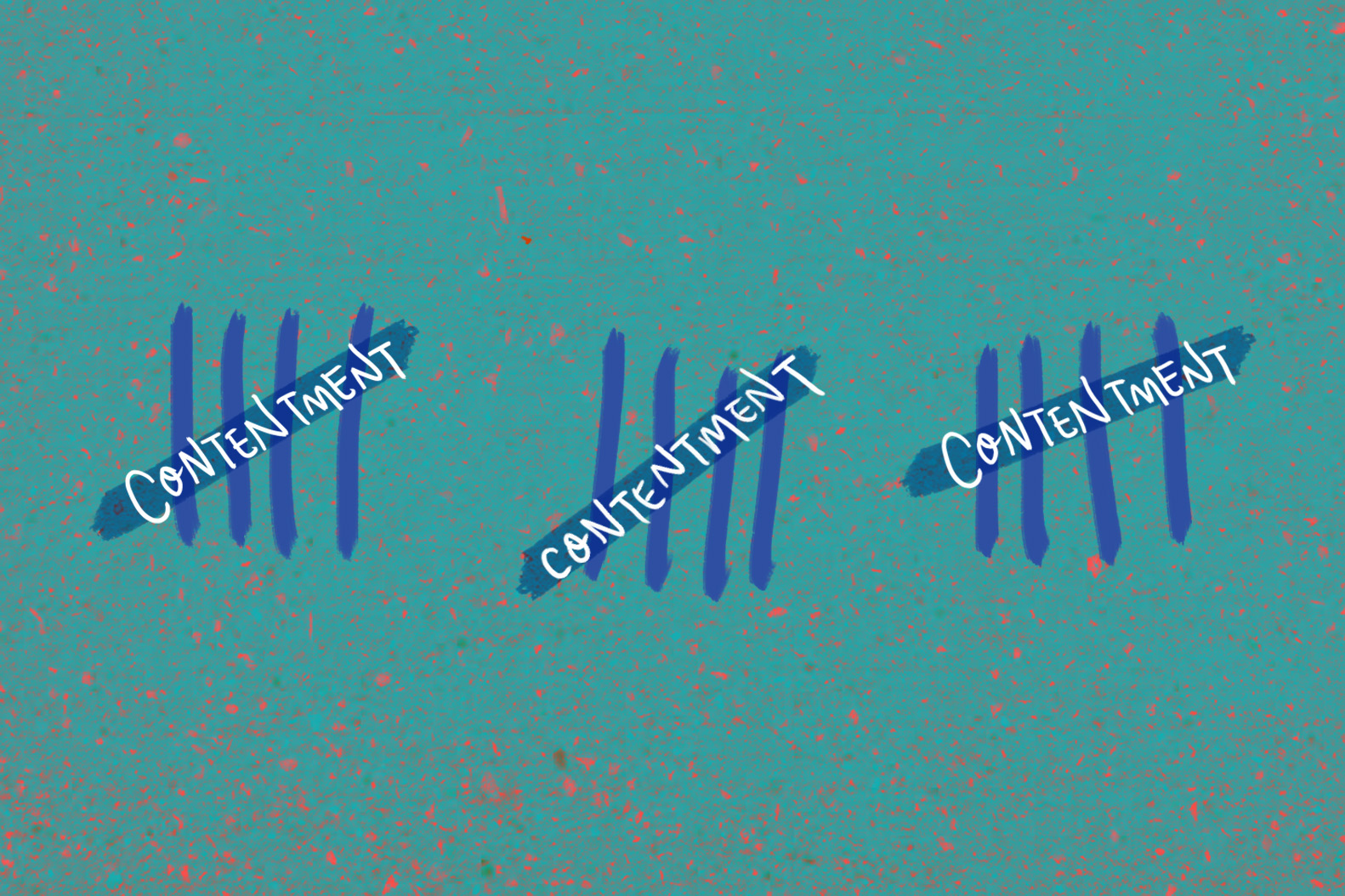Since we were in school, we’ve always been told to have a goal in mind – to think about our future careers.
These goals serve as motivation for us to push harder. We work tirelessly in Singapore, and strive after career progression as professionals: The next job, that next promotion, that new title or award.
But the spirit of ambition can be harmful. It causes us to strive for the things of the world instead of a higher pursuit. It can drive us into a restlessness, an endless striving marked by busyness and relentless productivity.
There are some patterns that I recognise in a harmful spirit of ambition.
- Exhaustion. There will always be new goals and ambitions. Living for them causes us to be busy, and a busy heart finds it difficult to rest.
- Despair. When your goals don’t become reality, it’s easy to become disappointed about life and begin to despair.
- Covetousness. Wanting what others have.
- Anxiety. There is great fear that we will not achieve what we want or what society thinks we should have.
King Solomon knew this spirit of ambition well. He pursued all pleasures, built all that he could, surrounded himself with slaves, had many concubines, developed much land.
Yet his conclusion was this: “I have seen everything that is done under the sun, and behold, all is vanity and a striving after wind” (Ecclesiastes 1:14).
That emptiness is so stark. He had so much more than any of us can even begin to comprehend. And yet he says none of it is sufficient. None of it can satisfy him.
“But godliness with contentment is great gain, for we brought nothing into the world, and we cannot take anything out of the world. But if we have food and clothing, with these we will be content. But those who desire to be rich fall into temptation, into a snare, into many senseless and harmful desires that plunge people into ruin and destruction. For the love of money is a root of all kinds of evils. It is through this craving that some have wandered away from the faith and pierced themselves with many pangs.” (1 Timothy 6:6-10)
Paul, in his letter to Timothy, warns us of this spirit of ambition – chasing after fame and wealth causes people to fall into all sorts of snares that lead to destruction.
We see this, don’t we? The drugs, the affairs, the crimes that ensue from worldly ambition. Not all of us will fall into such pits, but Paul says that the pursuit of money will cause us to wander from the faith.
Other outcomes of this striving are the emptiness of soul, addiction to entertainment, alcohol, exercise and pornography in order to escape the busyness of life. There are also broken relationships or mental health issues as a result of busyness.

What’s the solution? Paul says we should learn to be content.
Contentment comes when we know that we come into the earth naked and we shall become like dust. None of the things that we own materially can be brought with us into death.
In The Rare Jewel of Christian Contentment, Jeremiah Burroughs describes contentment as “that sweet, inward, quiet, gracious frame of spirit, which freely submits to and delights in God’s wise and fatherly disposal in every condition”.
It’s not a gritty resignation to accept your fate. It’s submission to God’s goodness and sovereignty, knowing that He provides what is needed. The writer of Hebrews writes this: “Keep your life free from love of money, and be content with what you have, for he has said, “I will never leave you nor forsake you.” So we can confidently say, “The Lord is my helper; I will not fear; what can man do to me?” (Hebrews 13: 5-6).
Contentment is the faithful declaration that God is good and He is our Provider. It’s faith in a God who loves us and protects us.
What are some promises of contentment?
- Peace and rest knowing you are exactly where you need to be, and that God is in control
- Freedom from fear, anxiety and constant striving
- Redeemed relationships. When we stop striving for material things, we find new energy to love God and love others
There is a certain type of discontent that is godly, and that is the hunger for more of God. This is the desire to know more of Jesus, to experience more of the Holy Spirit, to see God working in and through us daily.
I want this to be my prayer: “As a deer pants for flowing streams, so pants my soul for you, O God. My soul thirsts for God, for the living God” (Psalm 42:1-2). I want to long for more of God and not material gain.
I struggle so much with contentment, always thinking and hoping for more – for more recognition from friends, for a husband, for more clothes and holidays. These things are not bad in themselves but they make such lousy gods, causing such frustration and self-hate.
There is a certain type of discontent that is godly, and that is the hunger for more of God.
I’m learning to rest in God and to offer these longings to Him, both in earnest hope and complete surrender. While doing so, I find that I stop worrying and doing silly things in my own limited wisdom. What are some of your longings? Are they godly or are they striving after things of the world? Do you find it hard to be content in where you are and what you have?
“Not that I am speaking of being in need, for I have learned in whatever situation I am to be content. I know how to be brought low, and I know how to abound. In any and every circumstance, I have learned the secret of facing plenty and hunger, abundance and need. I can do all things through him who strengthens me.” (Philippians 4:11-13)
My prayer for us is that we will “taste and see that the Lord is good”. He is faithful and will provide all that we need. I pray that we will learn to stop in the busyness and relentless striving to see that God has given us eternity with Him through grace. “It is done”, Jesus breathed out on the cross. And in His resurrection death was broken.
I pray that our lives would be an outflowing of that thankfulness and contentment in what Jesus has done for us.
This article was first published on Delphne’s blog and is republished with permission.
- What are you chasing in life?
- What do you think the end goal of life is?
- Are you content in life?
- Will you consider looking to Jesus for real and eternal life?









